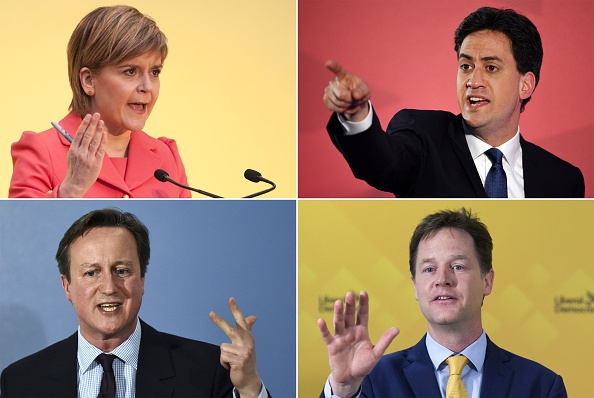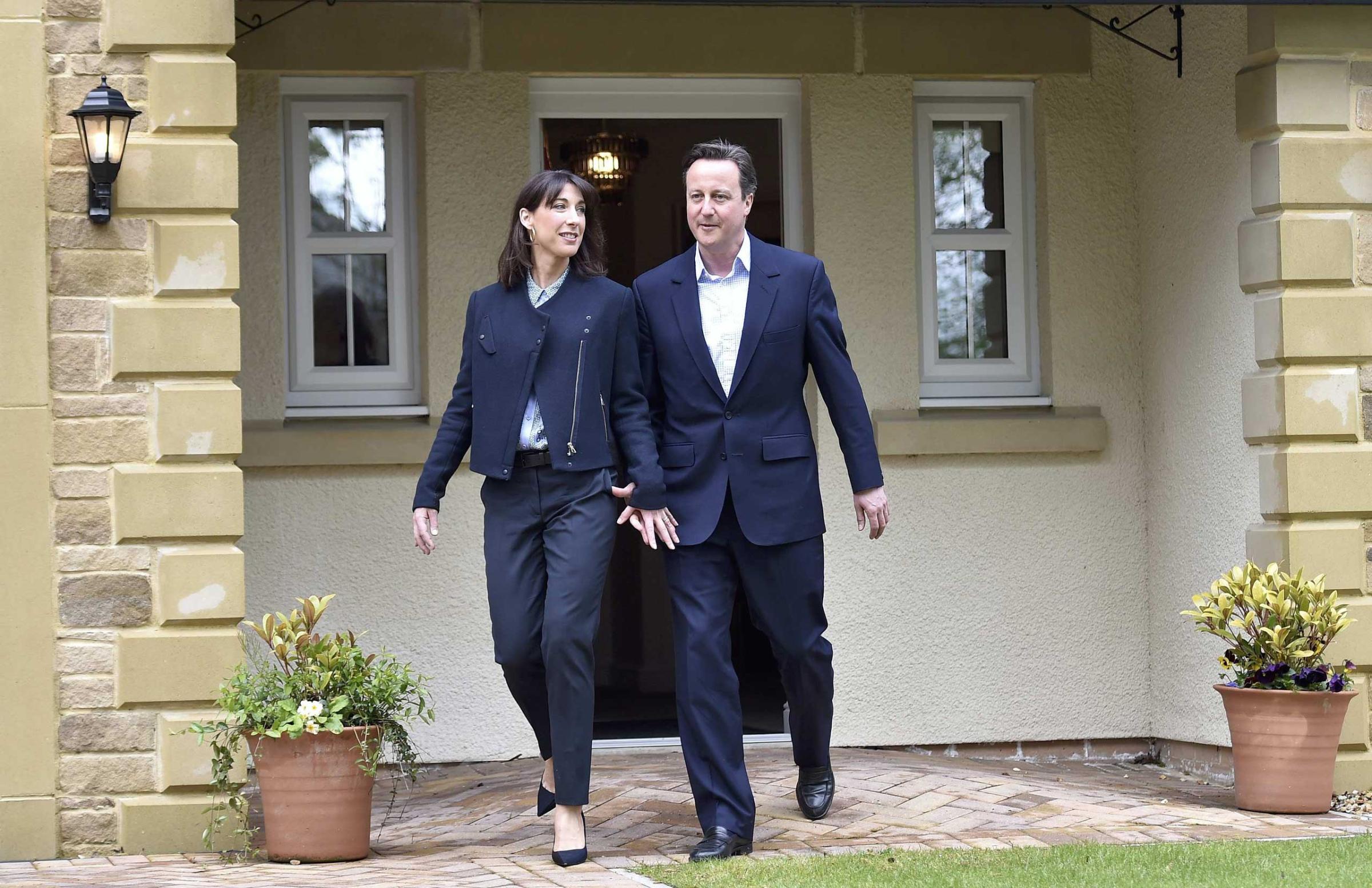
Voters in the United Kingdom of Great Britain and Northern Ireland will have the opportunity Thursday to vote for a Member of Parliament (MP). The U.K, which includes England, Scotland, Wales and Northern Ireland, is divided into 650 constituencies. Each elects a single MP to represent the constituency in the House of Commons in the Palace of Westminster in London.
It’s a bit like the U.S presidential elections and House of Representative elections rolled into one. Here’s what you need to know.
Who stands in the elections?
Independent candidates can stand in elections, but most candidates are members of political parties. The first five parties have candidates in most of the U.K. while the next four only field candidates in the area specified within brackets.
The parties include:

How is the Prime Minister elected?
The Prime Minister is not directly elected. He or she is the leader of the party that can command the confidence of the largest number of MPs.
Who are the main party leaders?
David Cameron, the current Prime Minister, is the leader of the Conservatives. Nick Clegg, the Deputy Prime Minister, is the leader of the Liberal Democrats. Ed Miliband is the leader of the Labour Party. Nicola Sturgeon leads the SNP and Nigel Farage is the leader of UKIP.
Read More on Sturgeon and Farage here:
This Woman Is Forecast to be the Biggest Winner of the U.K. Election
Meet the Most Controversial Man in the U.K. Election
How do the parties relate to parties in the U.S?
It is difficult to make direct comparisons, but the Labour Party and Liberal Democrats are closest to the Democrats and most Conservatives and all of UKIP would find themselves among the Republicans. However some Conservatives would also feel at home with the Democrats. In general, the center ground in the U.S. is more right wing than in the U.K. Most of the other parties represent regional interests.
How do the elections affect the U.S.?
The results of the elections would probably only concern the White House, the State Department and the Department of Defense. The SNP wants Scotland to secede from the U.K., which could weaken it as a strategic ally of the U.S. The SNP also wants to scrap the U.K.’s Trident ballistic-nuclear-missile program, which could reduce the U.K.’s military power. UKIP wants the U.K. to leave the European Union, which would be against the desires of the U.S.
Who is going to win?
The latest opinion poll suggests there will be a hung Parliament in which no single party has a majority of the 650 seats and there is no clear winner.
This was the prediction on May 5.
The numbers refer to seats in the House of Commons. To get a majority, a party needs a minimum of 326 seats.
What happens in the event of a hung Parliament?
The leader of the largest party or the leader of the party who can command the confidence of the most MPs will be asked by the Queen to form a coalition government. This involves the parties trying to agree on a platform on which they can form a government that can command a majority in the House of Commons.
In the meantime, the sitting Prime Minister will continue to run the government.
How long will it take to form a coalition government?
In 2010, it took five days, but the new Prime Minister would have to be close to a deal by May 18 when the new House of Commons meets and certainly by May 27 when the Queen is scheduled to read out the program of the new government.
What if the leader cannot form a government?
The Queen will ask the leader of the next party to try to form a government or call for fresh elections.
Read more: This New Yorker Is Already Mayor of London but Is he the Future Leader of the U.K.?
More Must-Reads from TIME
- How Donald Trump Won
- The Best Inventions of 2024
- Why Sleep Is the Key to Living Longer
- Robert Zemeckis Just Wants to Move You
- How to Break 8 Toxic Communication Habits
- Nicola Coughlan Bet on Herself—And Won
- Why Vinegar Is So Good for You
- Meet TIME's Newest Class of Next Generation Leaders
Contact us at letters@time.com